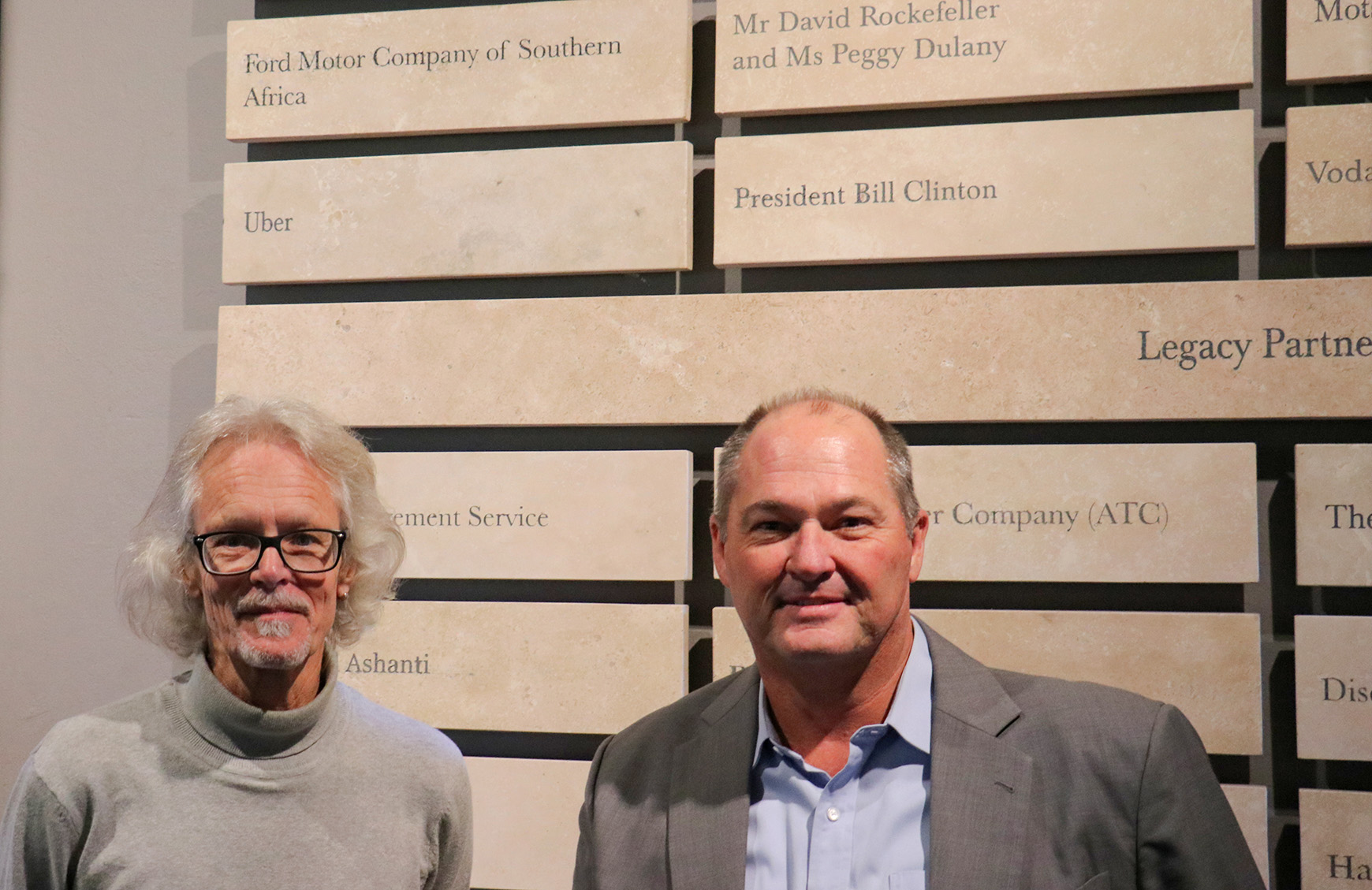Ford and Nelson Mandela Foundation in joint drive to build 100 ECD centres in poor communities
As part of its centenary celebrations, Ford Motor Company of Southern Africa is partnering with the Nelson Mandela Foundation to build 100 early childhood development centres (ECD) in disadvantaged areas.
These ECD centres will replace existing nursery schools that are under-resourced, dilapidated, and not compliant with the government’s health and safety requirements.
The new centres will include completely new buildings, comprising two classrooms, a kitchen, toilet facilities, and a sick bay.
Neale Hill, President Ford Motor Company, Africa said these new ECDs would foster educational equity in underserved communities.
“These centres will not only provide infrastructure but also nurture dreams and aspirations, laying a strong foundation for the future. Henry Ford’s vision was not just about building cars; it was about building communities and fostering values that would stand the test of time. Our commitment to community and partnership is unwavering,” said Hill.
There are 12 completed ECD centres in the Eastern Cape, seven in KwaZulu-Natal, and one in Gauteng, while seven are in the process of being built in KwaZulu-Natal.

Verne Harris (left), acting president of the Nelson Mandela Foundation, and Neale Hill (right), President of Ford Motor Company, Africa at the unveiling of the Ford plaque on the Nelson Mandela Foundation’s donor wall on 10 April, 2024. Ford has recently been recognised by the foundation as a Legacy Champion, the highest tier of donors of the Foundation.
A long-standing partnership
Ford and the Nelson Mandela Foundation had their first project together in 2020, which focused on addressing food insecurity.
An estimated 20 million people go to bed hungry every night in South Africa. Experts have indicated that hunger isn’t just something transient; it has serious long-term physical and psychological consequences which have implications for the health of society itself.
Two Ford Rangers were allocated for use by the foundation to deliver essential food parcels across eight provinces, with over 50 communities being reached.
In many instances, beneficiaries of these food parcels had been severely impacted by chronic illness and disabilities, as well as the elderly.
On 10 April 2024, Ford was recognised by the Nelson Mandela Foundation as a Legacy Champion, the highest tier of donors of the Foundation.
This recognises Ford’s contribution and partnership with the foundation in community upliftment work, namely the 100 ECD centres that Ford is building in rural and township areas across the nine provinces.
“We highly value our enduring collaboration with the foundation, recognising its instrumental role in driving positive change in society,” said Hill.

Tangible outputs from the partnership
Verne Harris, acting president of the Mandela Foundation said that the foundation had not given up on the state and works closely with the private sector and government.
“Unlike other NGOs and civil society structures, we haven’t given up on the state. We believe deeply that we will not find sustainable solutions for our society unless we find a way of working with the state, and making the state fully functional,” he said.
Harris said the foundation was also in the process of creating a drive to register ECD centres with the Department of Basic Education.
The partnership with Ford has yielded tangible outputs in community upliftment work, said Harris.
“For us, this partnership [with Ford] has been a special one, and that is because it has primarily been connected to other partnerships […] the successes we have had in the ECD sector are all about these kind of partnerships,” he said.

With these new buildings that meet the health and safety standards, these ECD centres can now access grant funding from the government, further enhancing the quality of foundational education in communities that need it most.
“It is not only about improving infrastructure, it is connected to the advocacy work we are doing, changing policy, capacity building with practitioners, and working closely with communities,” said Harris.
